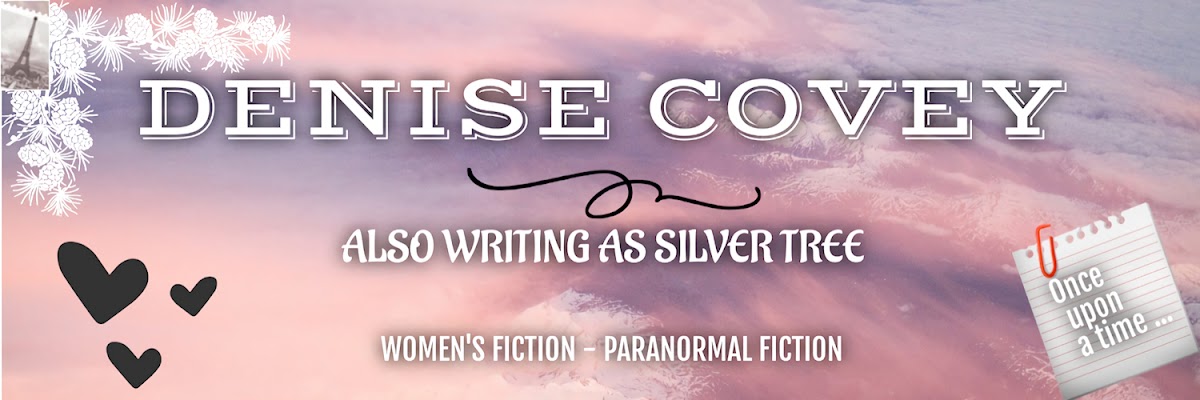Hi everyone!
I've been busy with the River City Writers Conference, (a few of you 'liked' some of the trillion facebook posts), a single day dedicated to writing workshops, networking, launching/buying books, chatting with editors and publishers...and eating and drinking and being merry!
Members of Vannguard Writers Group @ the conference -
Raelene, myself, Charmaine and Nas.
(Nas is an honorary member of our Brisbane group)
Nas Dean presenting on editing in the modern age
Nas' session on editing had some of the died-in-the-wool old-school publishing houses (who sent representatives to the conference to receive pitches from writers) screaming in frustration, claiming publishers did all the things the presenters had been claiming all day that writers did -- editing, promoting, book covers etc. This caused much merriment from those who had already told their story of the hard road of promotion even after being contracted to a publishing house. Obviously these guys have no idea how hard writers are doing it before submitting manuscripts in the faint hope of being picked up, and how little it is perceived that the traditional publishers do after buying rights to your book...(I'm no expert on this, having never submitted anything to an agent or publishing house!)
CLASSIC BOOKS Vs MODERN BOOKS
...Which brings me to some of the changes I see when comparing classic books to modern books. I read a lot of stories of how the old publishing houses used to treat favoured authors--the army of editors who went through the novel after submission, the pampering, the promotion etc. Don't many of us think these oldies were just pure genius? Well, it took a lot of help to polish that genius.
Today, many traditionally-published authors and self-published authors are doing it all/mostly by themselves, some by choice and some because they can't afford/don't see the need for even one editor. (My opinion is everyone needs an editor, and most savvy readers can tell when this important step has been skipped). I've shared this before, but Margaret Mitchell (author of Gone With the Wind) re-wrote her first chapter 60 times. So these oldies but goodies still did the hard yards themselves before they were touted as overnight/on-going successes.
We modern writers get slapped on the wrist if we carelessly 'head hop' even once in our stories - du Maurier and plenty of her contemporaries did this as a matter of course, and even modern best-sellling author Nora Roberts, a great favourite of mine, does it A LOT, especially in her romances.
Dialogue has changed too. Now we go through our manuscripts with a magnifying glass trying to find/slay most, if not all, dialogue tags, turning them into actions instead.
"Don't touch that!" Jack said to Kiddly Bop. ... becomes...
Jack ran across the room. "Don't touch that!" Kiddly Bop snatched his hand away from the grinding machine just before his arm was lopped off.
(I used the exclamation mark to upset all the 'no exclamation marks' modern rule!! as I think it is quite probable that Jack yelled in this situation.)
But on p.62 of Frenchman's Creek I found this dialogue...exactly reproduced:
'William, you are a genius,' she [Lady Dona] said, and he bowed, permitting himself a smile. 'I am pleased you are glad, my lady.'So...if you don't know what's odd about the above, I'll leave you blissfully unaware. But I'll just say it caused me to be 'taken out of the story' which is the criticism I receive from critique partners whose job it is to make sure we don't commit such writerly sins.
'How do I look? Will your master approve?' she asked him, turning on her heels. 'He will make no comment, my lady,' replied the servant, 'but I do not think he will be entirely indifferent to your appearance.'
 |
And of course I bought a book - Delia Strange's
FEMME. I'm quite liking the sci-fi romance genre.
|
- Methinks it was somewhat easier to be an author in the olden days. What do you think? (And I don't mean -- of course it's not, it's a lot easier today to be an author as you can just self publish). I'm talking about the old style, the third person onmisicient POV etc. as compared to today's more stringent rules about everything.
Nas snapped us heading out to breakfast.
Yes, the last bite of Winter was in the air.
Had a great weekend with Nas and Rajesh staying with us... and attending the River City Writers Conference. How was your weekend?






